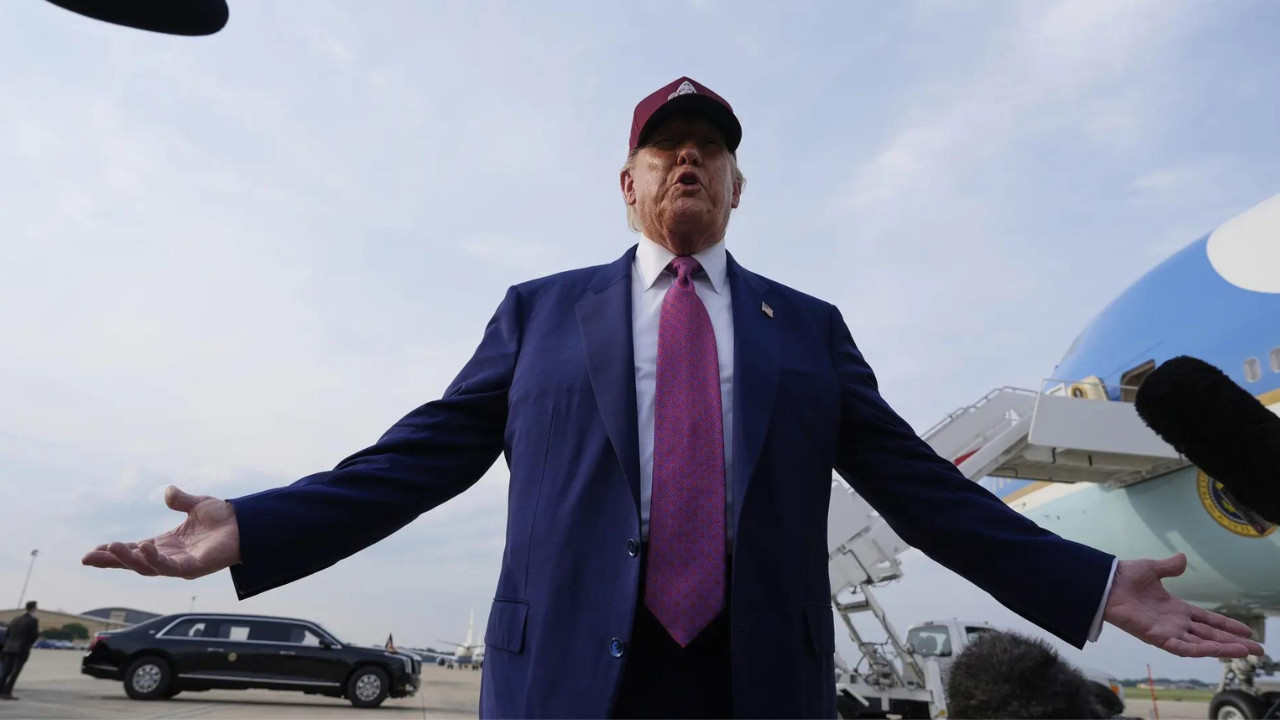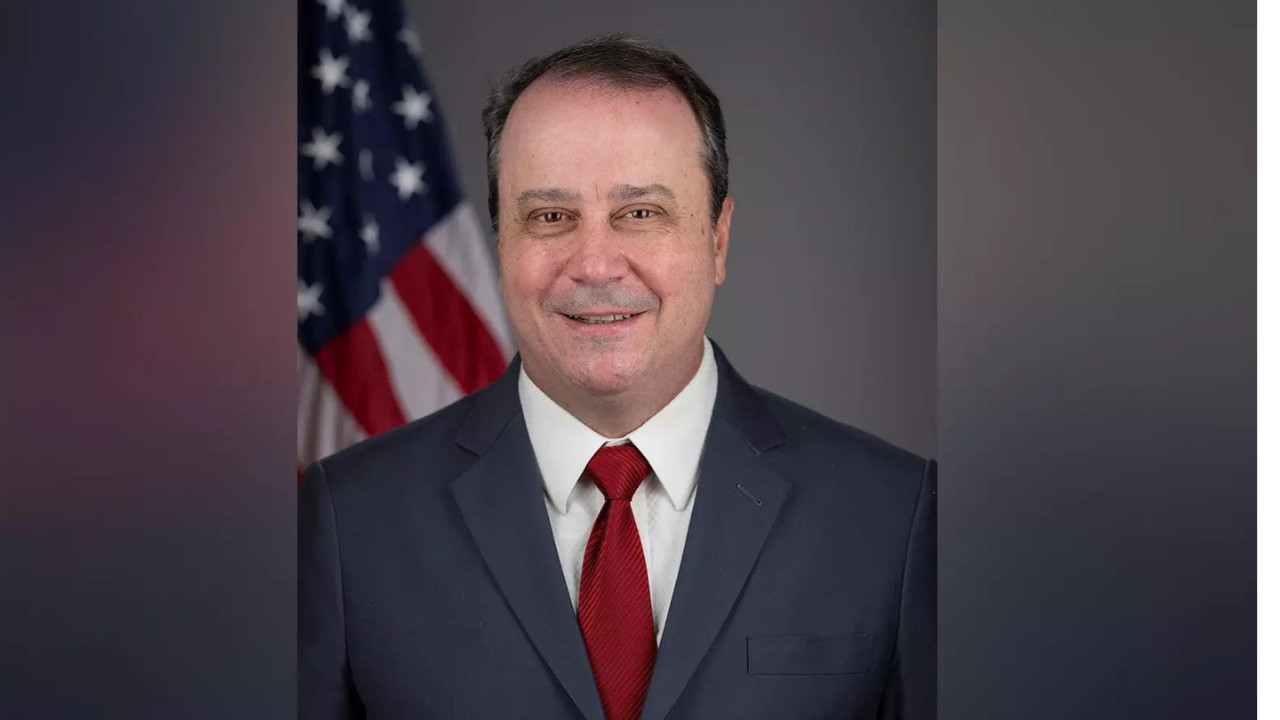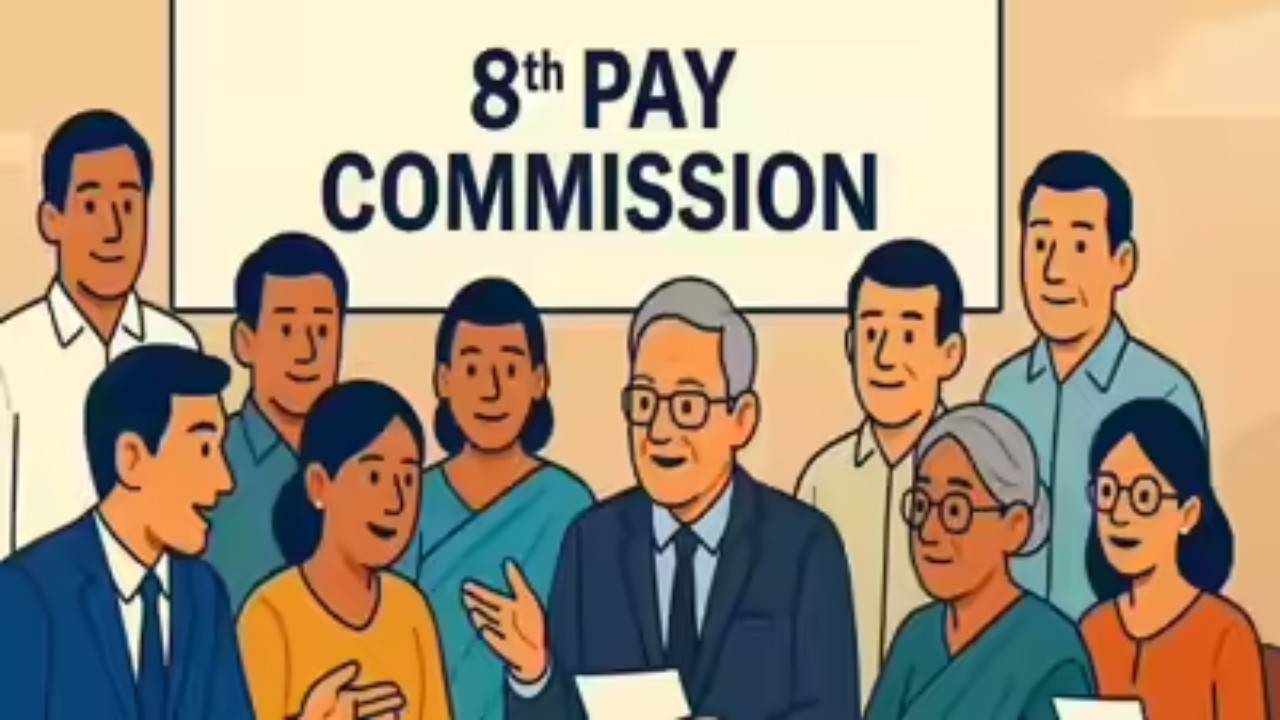Amid rising tariffs, the US will receive magnets and rare earth minerals from China, as announced by President Trump. This development occurs amidst scrutiny over Xinjiang supply chains and alleged forced labour. Trade talks in London led to a tentative framework for resuming negotiations, focusing on mineral and technology disputes.
The Tightrope Walk: US-China Trade, Rare Earths, and a Shadow of Exploitation
Alright, let’s talk about a relationship that’s as complicated as your last tax return: the US and China. Just when you think things are smoothing out, bam! Something else gets thrown into the mix. It’s a diplomatic dance of tariffs, tech, and tantalizing resources, with a heavy dose of human rights concerns adding a somber melody.
The latest rhythm we’re hearing is a complicated one. On one hand, there’s talk of a rare earth deal edging closer, a potential collaboration that could ease some pressure on global supply chains. On the other, the familiar drumbeat of tariff hikes is back, courtesy of the US raising levies on certain Chinese goods to a whopping 55%. It’s enough to give anyone whiplash.
So, what’s the story here? Well, the US has been heavily reliant on China for rare earth elements. These aren’t your grandma’s garden rocks. These are critical components in everything from smartphones and electric vehicle batteries to defense systems. Securing a reliable and diversified supply chain for these materials is paramount for both economic and national security reasons. The deal in the works hints at an attempt to de-risk, to avoid a scenario where China could leverage its dominance in the rare earths market for political gain.
But here’s the rub, and it’s a big one. As this potential collaboration takes shape, a darker shadow looms over the rare earth industry. Human rights groups are raising serious alarms about forced labor practices in the Xinjiang region of China, a key hub for mineral extraction and processing. This isn’t just some abstract worry; it’s a concrete concern that the raw materials powering our modern lives might be tainted by exploitation.
Think about it: that shiny new phone in your pocket, the electric car you’re saving up for – could they be built on the backs of forced labor? It’s a deeply uncomfortable question. It highlights the ethical tightrope that companies and governments walk when dealing with nations that have questionable human rights records.
It begs the question: is securing a supply chain worth compromising our values? Is it possible to decouple economic interests from ethical considerations? The easy answer, of course, is a resounding no. But navigating this reality is incredibly complex.
The US isn’t alone in grappling with this dilemma. Many nations face the challenge of balancing their need for these crucial resources with their commitment to human rights. Finding ethically sourced alternatives is a long and arduous process, often involving investment in domestic mining, supporting responsible mining practices in other countries, and developing technologies that reduce reliance on rare earth elements altogether.
Meanwhile, the continued tariff hikes are like a constant pressure valve on the US-China relationship. While the Biden administration might argue that these measures are necessary to protect American industries and jobs, they also risk escalating tensions and disrupting global trade. The law of unintended consequences is always lurking.
What does all this mean for you and me? Well, potentially higher prices for consumer goods, for one. Increased geopolitical uncertainty, for another. And perhaps most importantly, a growing awareness of the ethical implications of our consumption habits.
This situation underscores the need for greater transparency and accountability in global supply chains. Consumers are increasingly demanding to know where their products come from and how they are made. Companies that fail to address these concerns risk reputational damage and consumer backlash.
Ultimately, the US-China relationship is a high-stakes balancing act. Finding a sustainable path forward requires a combination of strategic thinking, ethical considerations, and a willingness to engage in honest and open dialogue – even when it’s uncomfortable. It demands a commitment to not just securing resources, but to securing them in a way that aligns with our values. The challenges are significant, but the stakes are even higher. The world is watching closely to see how this complex drama unfolds. And honestly, so am I.
📬 Stay informed — follow us for more insightful updates!







